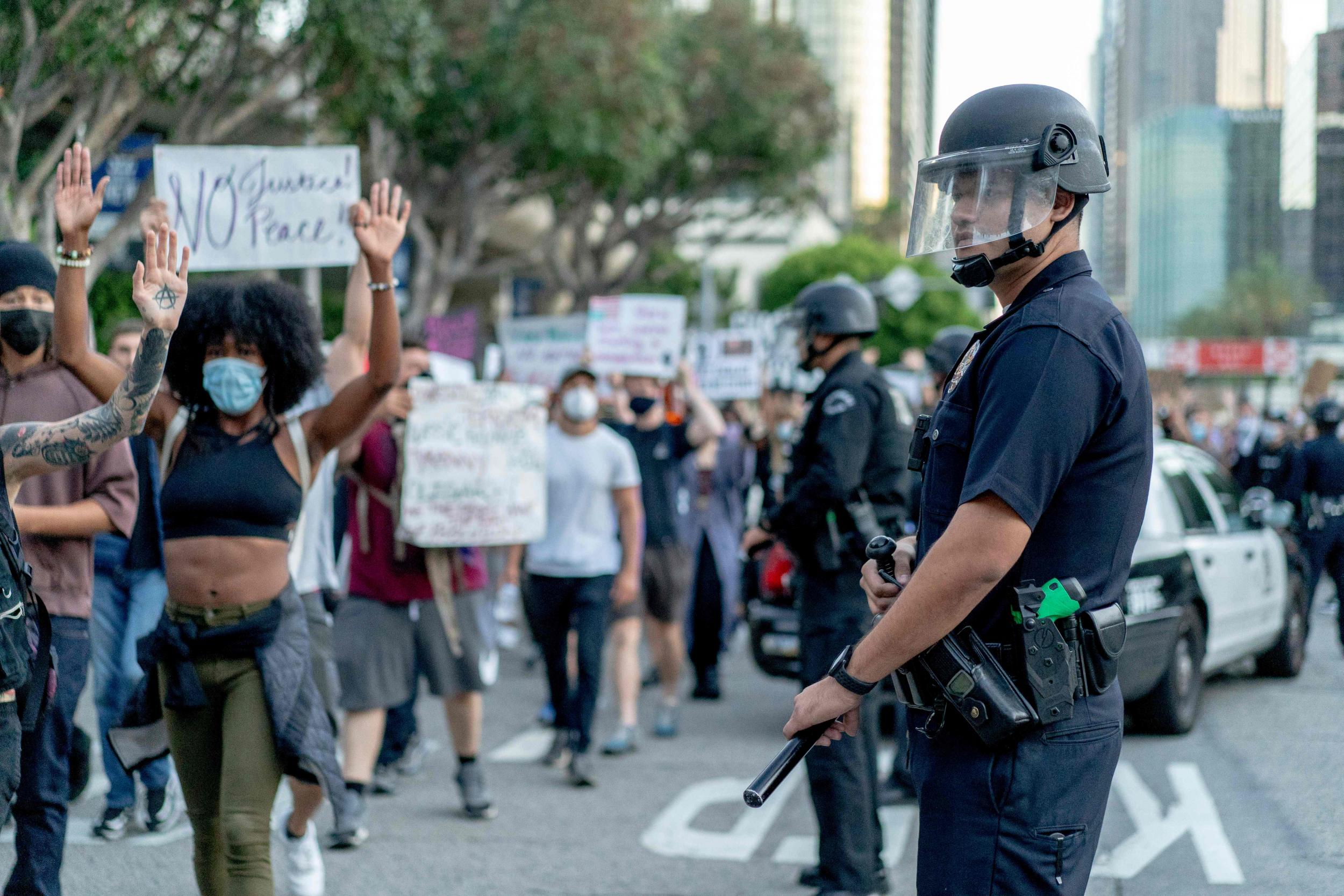The Independent's journalism is supported by our readers. When you purchase through links on our site, we may earn commission.
In the fight against racism, don’t forget the power of fiction
If we limit ourselves to just reading non-fiction books on race-related issues, we miss a huge chance to educate ourselves about the viewpoints and experiences of others


It’s a natural instinct, when trying to better oneself, to turn to books. Knowledge is power. Books contain knowledge. They’re a chance to learn and reflect, and perhaps come out on the other side having experienced the beginning of personal change.
It’s entirely understandable, then, that in the wake of a wave of protests against racism and police brutality across the US, lists of anti-racist books began appearing on multiple platforms. People have been purchasing them in droves, too: on Thursday last week, eight out of the top 10 best-selling books on Amazon were non-fiction titles addressing topics such as racism, race relations and racial history.
This is a commendable, evidently well-intentioned step. By all means, let white people like me buy these books! Let us read them! Let us absorb all the knowledge they contain and make this one step in a long-term commitment to non-optical allyship!
And as long as we’re shopping for books, I would go one step further and say: when it comes to unpacking our own biases, and doing the profound, not always comfortable work of trying to see the world through someone else’s eyes, let’s not forget about the power of fiction.
The scholar Lauren Michele Jackson discusses the perceived limitations of anti-racist reading lists in an essay for Vulture and in an episode of NPR’s Pop Culture Happy Hour, both of which I invite you to read and listen to, for more information and more nuance. “An anti-racist reading list means well,” she writes in Vulture. “How could it not with some of the finest authors, scholars, poets, and critics of the twentieth century among its bullet points? Still, I am left to wonder: Who is this for? ... It is unclear whether each book supplies a portion of the holistic racial puzzle or are intended as revelatory islands in and of themselves.”
My personal takeaway is this: if anti-racist books are the only books by people of colour that you read, that might be a bit of an issue. In my experience – and I say this as a white person doing the uncomfortable work of reckoning with my own privilege – fiction has the profound power to shape and reshape minds. And when you read a novel or a short story by a writer of colour, you’re not asking them to explain race to you: rather, you’re consuming their art, listening to the stories they have decided to tell, and experiencing their concepts of beauty, of right and wrong, of what’s compelling and thought-provoking.
Reading the works of fiction writers of colour have produced has another advantage: as the publishing industry still predominantly features white narratives, it sends a message to agents, editors, and publishers alike that there is an appetite for other stories. In other words: the fiction landscape, too, has ways to go, and buying books by writers of colour is one way of helping change that system.
This is by no means an exhaustive list, but if you’re looking for inspiration, perhaps you would like to peruse the following titles: My Sister, the Serial Killer by Oyinkan Braithwaite; An American Marriage by Tayari Jones; Juliet Takes a Breath by Gabby Rivera; Days of Distraction by Alexandra Chang; The Hate U Give by Angie Thomas; Black Girls Must Die Exhausted by Jayne Allen; The Care and Feeding of Ravenously Hungry Girls by Anissa Gray; Queenie by Candice Carty-Williams; A Burning by Megha Majumdar.
Yours,
Clémence Michallon
US culture writer
Join our commenting forum
Join thought-provoking conversations, follow other Independent readers and see their replies
Comments
Bookmark popover
Removed from bookmarks